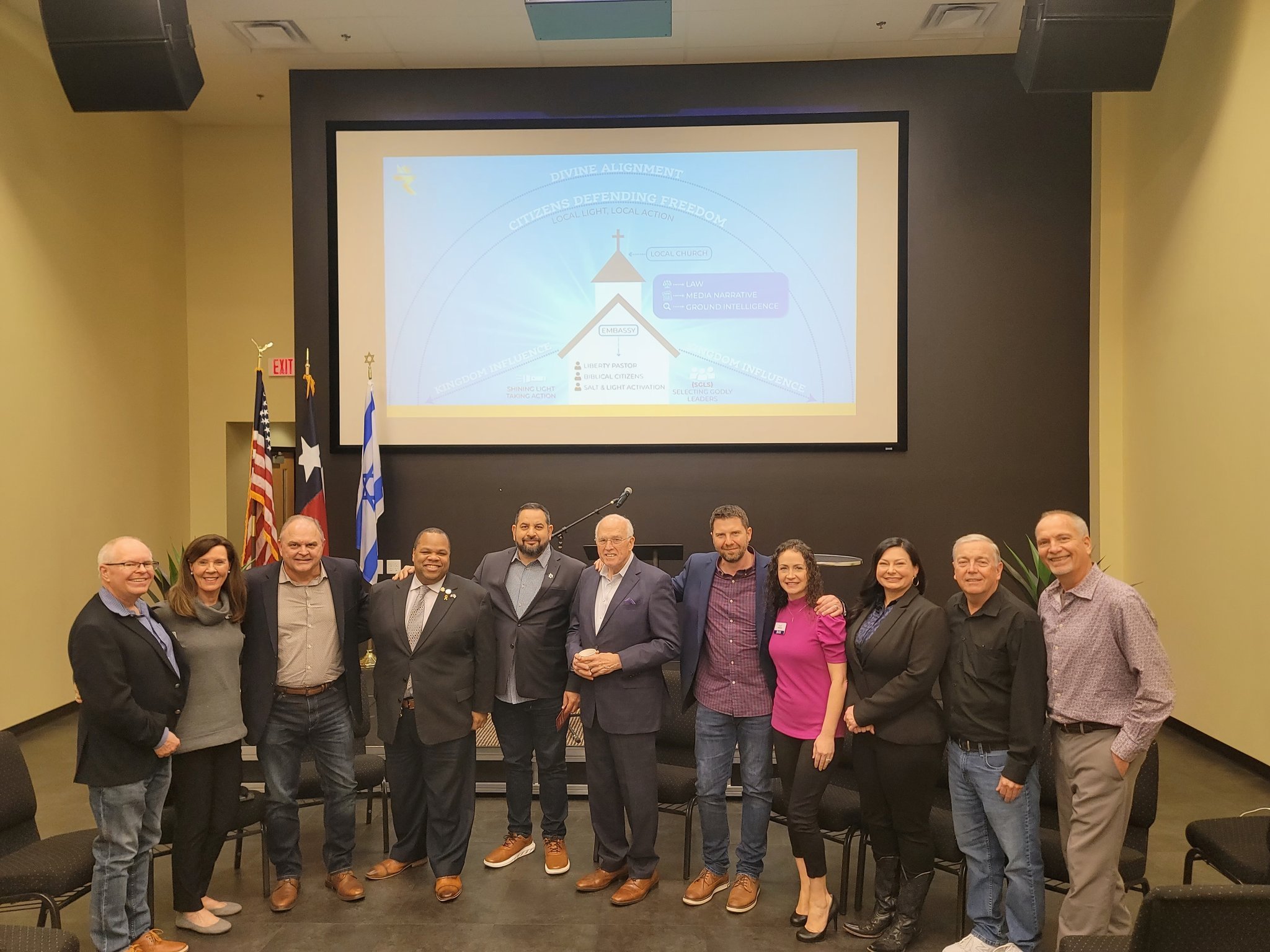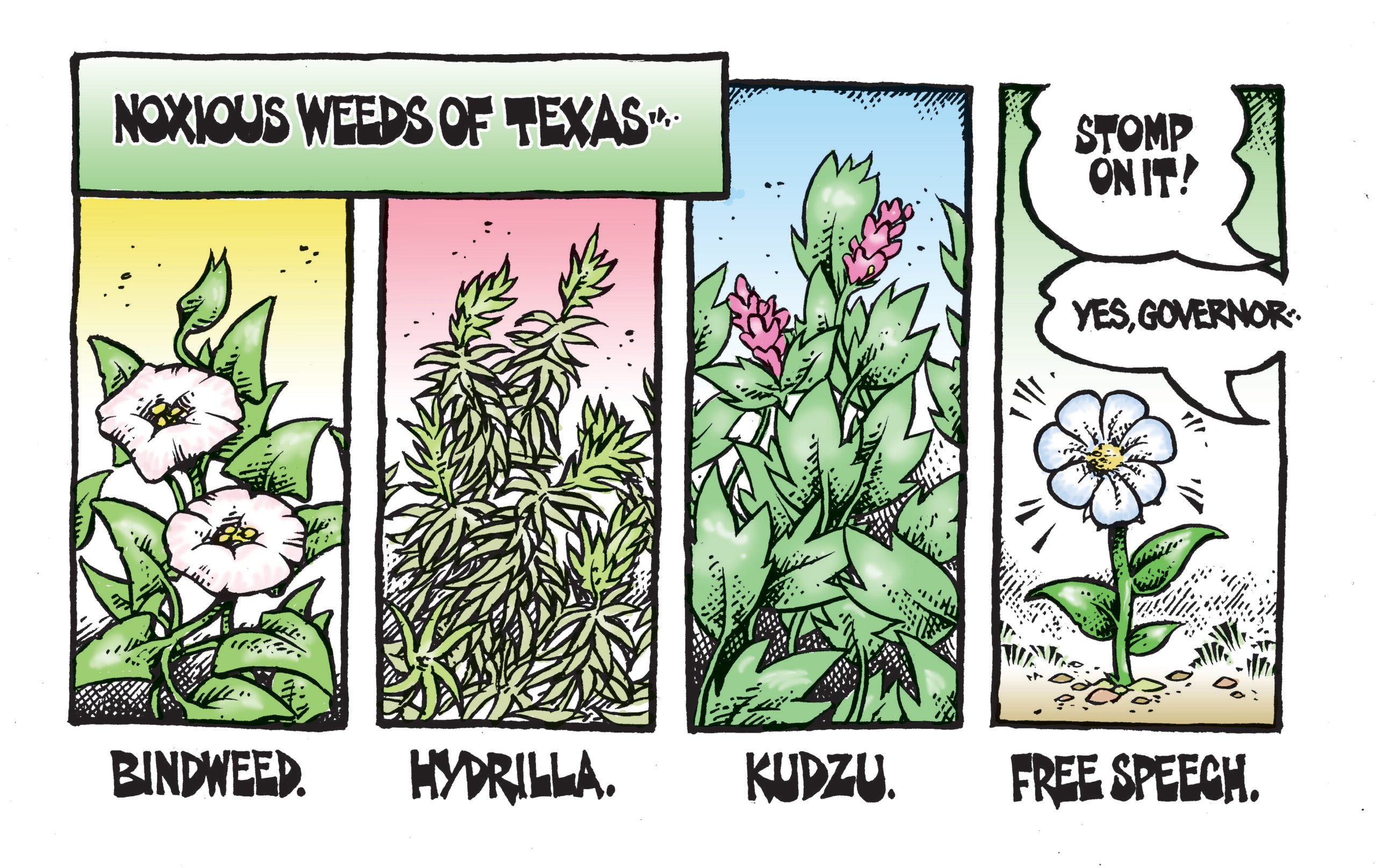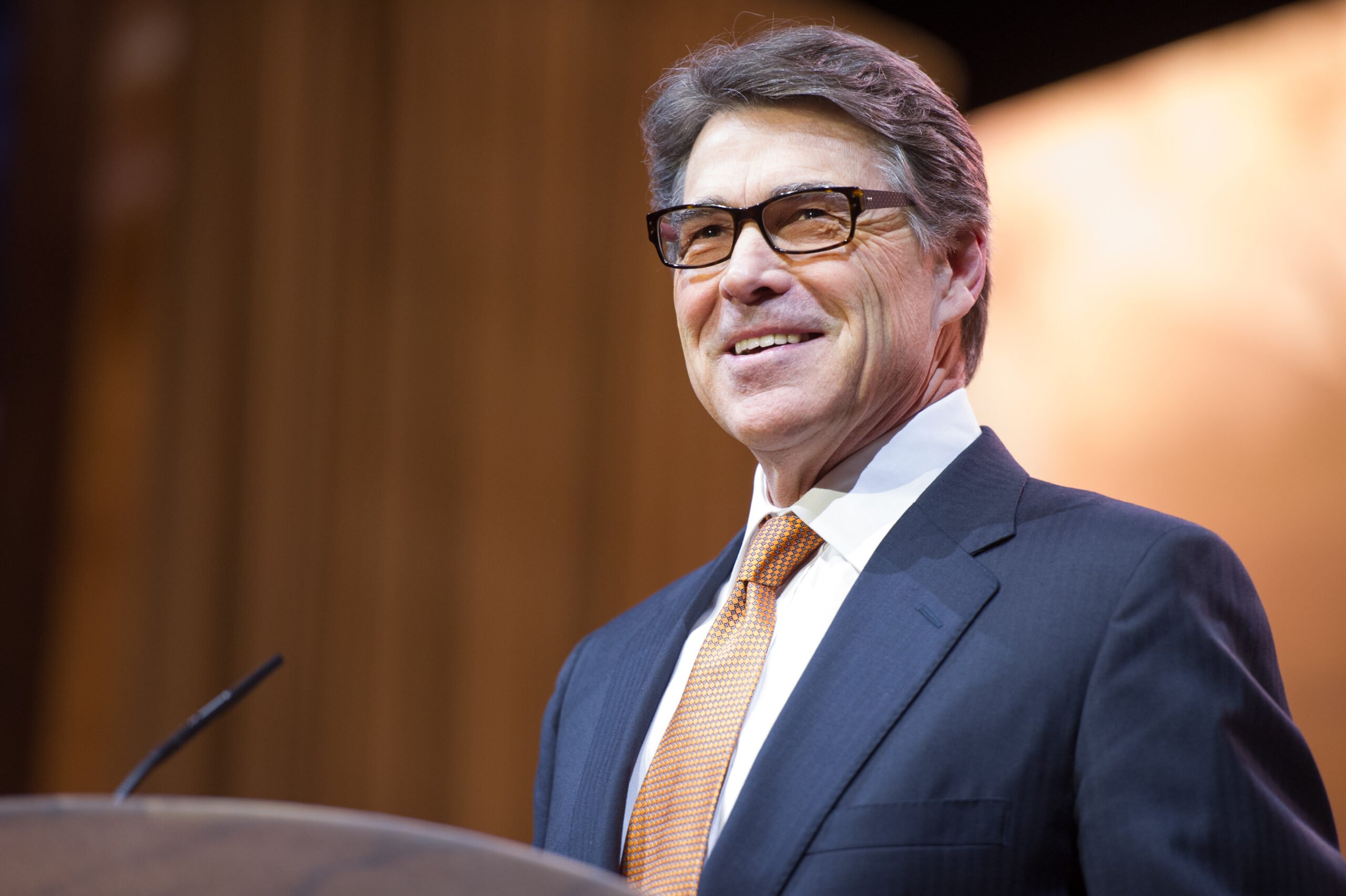ustxtxb_obs_1960_04_22_50_00002-00000_000.pdf
Page 5
Burleson Opposes Aid to Education of at the bottom where progress can. be made.” Burleson leans more toward a modest program of foreign aid and the type of technical assistance provided under the Point Four program. He also favors military aid to free world foreign countries, but he has opposed it because it is lumped in with the economic aid programs. The Anson congressman also opposes federal aid on a growing domestic issue, education. As the House federal aid to education proposal stands now, he would vote against it. He also opposed the 1957 school construction bill in the House, and in 1953 he voted against increasing funds for school construction in federally impacted areas. Burleson bases his opposition to federal aid to education on the grounds that it is not a proper area for the federal government and would lead to “centralizing control here in Washington.” He said that this basic “philosophy” of his can be applied to other areas of legislation in which he prefers to term it a “state and local responsibility rather than states’ rights.” No to Negroes, Labor He has consistently voted against civil rights legislation. He says there is no problem in his district: some counties in the 17th trict have no Negro residents. Burleson opposes civil rights legislation with the argument that “you can’t legislate morals.” In water development Burleson looks with more favor upon federal aid. He considers water supply one of the “greatest problems” in Texas. His own district has such projects as the Proctor Dam in Comanche County and upstream flood prevention projects. “The federal government definitely has a mission and responsibility jointly with local participants in water and soil conservation,” he said. “It is not porkbarreling. It is saving soil and water for future generations.” A Navy veteran of World War II, Burleson favors abolition of the separate services for a single defense force. He cites “a great deal of duplication and extravagance” with the separate forces, “which don’t know what the other one is doing.” In his opinion an adequate defense establishment is the best deterrent to a nuclear war. Burleson voted for the AFLCIO-opposed Landrum-Griffin labor bill in the last session of Congress, but he does not think that his vote will have any effect on the current campaign. “I’ve talked to the labor people in my district, and they are not happy with the bill, but we had no other choice than to vote for it,” he said. “There may be features of it that will work hardships on unions, but I don’t know.” Burleson’s West Texas district primarily is interested in oil, ranching, and farming. Also, the Air Force is preparing to build 16 missile launching pads in the Abilene area, and Burleson expects a great influx of labor during the next two years. The AFL-CIO scorecards on major votes since 1947 gives Burleson a moderate-to-conservative record \(13 right votes out of 32 labor legislation proposals is an increase and extension of the minimum wage, which Burleson opposes. He also voted against the last increase. “It didn’t’ fit the economy of my area. The proposals impose a terrible hardship, and could put people out of business,” he said. Burleson feels that the farmer has been misrepresented and that the city dweller thinks the farmer “has been reaping high profits.” In reality, he said, farm income has been going down and the profits have been going to the storage people. For Gas Control The economies of at least nine of the 14 counties in Burleson’s dfstrict are based on oil. Burleson is for a gas bill which would remove utility-type controls from producers, but he is skeptical ‘about its chances, for passing this session. He said President Eisenhower has failed to send Congress any details, and he described Eisenhower’s reason for vetoing the gas bill in 1956 \(the $2,500 offlimsy excuse.” Burleson said that his fellow Texan, Lyndon Johnson, understands the problems and “our best chance to free the independent gas producer from federal control would be Lyndon Johnson as president.” He estimates Johnson’s chances for the Democratic nomination as “excellent” and said .that as of today, “he is the man who can beat Nixon. I’m not too sure some of the others can.” As chairman of the House administration committee, Burleson is largely responsible for the fate of the Senate-passed clean elections bill. When the bill was sent to the House, Burleson was publicly . skeptical of it, and although he said there might be some subcommittee hearings on the bill this session, , he doesn’t expect it to pass. “I’ll think about that after the primary,” he said. ANNE LEWIS NATURAL GAS HEATS UP I RECOMMEND AND ENDORSE FOR PROMOTION DISTRICT JUDGE W. T. McDONALD OF BRAZOS COUNTY To SIGNED: Judge D. S. Barron OF BRYAN COURT OF CRIMINAL APPEALS OF TEXAS VOTE FOR W. T. McDONALD THE STATE ELECTIONS cracking that at least they had got him on the road. Sen. A. M. Aikin, Paris, who opposed him in 1956, announced for his as a man of “unquestioned integrity.” Sen. Bruce Reagan, Corpus, posed with him for a press picture; Sen. Robert Baker, Houston, appeared at a meeting with him; Sen. Marti n . Dies, Jr., Lufkin, endorsed him. Ramsey \(saying. “I don’t know he is against general sales and income taxesleading to a Dallas News story stating he and Daniel are closer together than before but repeated he wants two-thirds votes required in each house to pass tax laws. In conversations with reporters and supporters, Ramsey has said he does not want to claim credit for everything good done in Austin, but is entitled to more credit than someone who has not even been there. In Corpus Christi, Ramsey dodged around a good bit on taxes. “I am not advocating any new tax,” he said; but, “We will have to expand the tax base,” and “new interests must be required to pay taxes.” Ramsey pledged to help the legislature pass further legislation, if needed, to protect “open beaches.” He said he is proud of legislation passed to help delinquent and neglected children and said the state “must meet the responsibilities of our growing population, providing necessary funds to keep pace,” but without “squandering” tax money. ATTORNEY GENERAL Will Wilson The Attorney General was AUSTIN Late developments in the state representative elections involved teachers supporting a slate in San Antonio, the REA co-ops running pictures of 66 House members they like, repercussions about industrial safety in Houston, and a charge and reply involving the secret Ed C. Burris “P.I.P.E.” cam paign fund for rural legislative campaigns. The San Antonio Independent ticketled by incumbent Rep. Franklin Spearsgot a substantial boost when a committee representing Bexar County teachers and educators endorsed the whole slate against the conservative incumbents. Sen. Henry Gonzalez was also commended by the school’ leaders as “a friend of education.” Texas Co-Op Power ran pictures of the 66 House members nearly all of the members of the liberal bloc includedwho voted with them for Rep. Alonzo Jamison’ bill to give the co-ops “equal rights” with private utilities in once-rural areas since incorporated into cities. ” . . . count your blessings including these 66 friends . . .” said the REA publication. thrown on the defensive somewhat by a Houston Press story declaring that a reporter had placed tipbook bets, bought mixed drinks, been invited to a poker game, and told he was too late in the day to bet on the horses in Galveston, which Wilson clamped shut three years ago. Angrily Wilson said that if the town was open again, it was a plan of the rackets people to embarass him. He forthwith said he would ask the Department of Public Safety to send some people down to close the vice shops again. Liquor agents then arrested 47 on charges of violating liquor laws, but said they found no gambling evidence. The situation was etched a little deeper when the American Social Health Assn. said 15 brothels are running now in Galveston, one of them within sight of police headquarters. Local officials in general pooh-poohed the to-do. Wilson continued his campaign, promising to continue his drive against loan sharks and his antitrust prosecutions with emphasis against collusive bidding for state contracts. Wilson, in Corpus Wednesday, said he has always upheld a states’ rights position against federal control of oil and gas. Waggoner Carr The retiring Speaker of the House was on the attack on half a dozen fronts, accusing Wilson of falling down in law enforcement and headline-hunting to stay in office two more years so he can run for governor. Carr said it’s “silly” for Wilson to argue he has no authority to act against Amarillo and Tarrant After an explosion at Crown C e in t r a 1 Petroleum Corp. in Houston which killed two workmen, Rep. Bob Eckhardt was denied his request to examine the explosion scene and renewed a call for industrial safety legislation; Rep. Roger Daily proposed a special session to bring the Houston ship channel \(scene of under the political jurisdiction of the city of Houston; and Rep. Dean Johnston blamed the Texas Manufacturers’ Assn. for preventing the passage of an industrial safety act. Daily’s opponent, Donald K. Shipley, accused him of using the ‘ship disaster for “political expediency,” and Eckhardt said a Crown Petroleum executive accused him of trying to make political hay out of the disaster there, to which he replied he was interested in passing an industrial safety law. Johnston accused Ed C. Burris, the T.M.A. lobbyist, of mailing out “a blueprint for evasion” of laws requiring reporting election expenditures in his P.I.P.E. mailplied, “The contributor, if he gave, say $200, would have no control over where it went and thus is not responsible for reporting it. There is no evasion of any kind.” County scandals involving derelictions of public of f i c i a l s. He charged, and repeated the charge, that Wilson had let veterans’ land scandal indictments languish, failing to render aid to DeWitt County prosecutor Wiley Cheatham when requested to do so. Carr said there is “more gambling in Texas in more places than ever before.” He insisted on his charge that Wilson’s “selective anti-trust enforcement” has driven businesses away from the state. Responding to the veterans’ land matter, Wilson said: “Wild charges from a man who is losing.” In Dallas Wednesday, Carr said many people are against Wilson “because of his maneuvering for office and always shunning a fight.” He charged that in San Antonio last week, 23 loan shark cases were delayed because no one from Wilson’s office was there to represent the state. Carr said he will sponsor a state Hatch Act to relieve assistants from campaigning for their bosses. The Speaker also states that “the entire emphasis” of the attorney general’ office “cannot remain on criminal matters.” OTHER STATE ELECTIONS Voters in the Democratic primary on May 7 will choose between the candidates already named \(in addition to Austin atty. Bob Looney, running for attorney dates for statewide office: Supreme Court Associate Justice Robert Calvert vs. Austin Court of Civil Appeals Judge Robert G. Hughes, for the Supreme Court chief justiceship. Incumbent Judge Lloyd W. Davidson vs. Jim D. Bowmer Texas Court of Criminal Appeals. Incumbent Robert S. Calvert vs. Rep. V. L. Ramsey, for comptroller. Incumbent Bill Allcorn vs. Rep. Jerry Sadler, for land commissioner. Seven Texas seats in the Congress are contested in the May 7 primary. Many seats in the state legislature are contested. Voters will designate members of the State Board of Education. Re-nominated to statewide offices without contests: U. S. Sen. Lyndon B. Johnson; Agriculture Cmsr. John White; Treasurer Jesse James; Railroad Cmsr. E. 0. Thompson; and Supreme Court Justices Clyde E. Smith and Joe Greenhill. Article Reprinted WASHINGTON Sen. Ralph Yarborough inserted into the Congressional Record Houston Rep. Bill Kilgarlin’s Observer guest column in the March 18 issue, “The Real Issue: Who Pays the Taxes.” “One of the most pentrating, concise, and clear statements on the difference between our , basic political party beliefs has been written by a brilliant young state representative in Texas, the Hon. Bill Kilgarlin,” Yarborough said. “Mr. Kilgarlin said that for all practical purposes the ‘sole question is who pays the taxes,’ ” Yarborough summarized, agreeing that this test is a “vital one.” “Will it be, in a fair share, that one percent of Americans who own one third of the nation’s wealth, or will it be, to a grossly unfair share, those one-third of the American people who only own one percent of the nation’s wealth?” Yarborough asked. WASHINGTON A House investigation is schedule’d to look into three areas of alleged violation of public ethics involving the natural gas industry. In two of these cases, Thomas G. Corcoran, attorney for the Tennessee Gas Transmission Co. of Houston, figures prominently. In one he made out-of-the-record representations to FPC commissioners to argue for a seven percent rate of return on a pipeline to Canada owned by Midwestern Gas Transmission Co., a Tennessee Gas subsidiary. FPC’s staff had recommended 6.25 percent. The FPC left the rate of return open, Scripps-Howard papers charged last week that Corcoran made THE TEXAS OBSERVER Page 2 April 22, 1960 similar out-of-the-record representations to commissioners in a case in which FPC repudiated its own staff warnings and authorized a Midwestern gas rate for industrial buyers of gas in the


